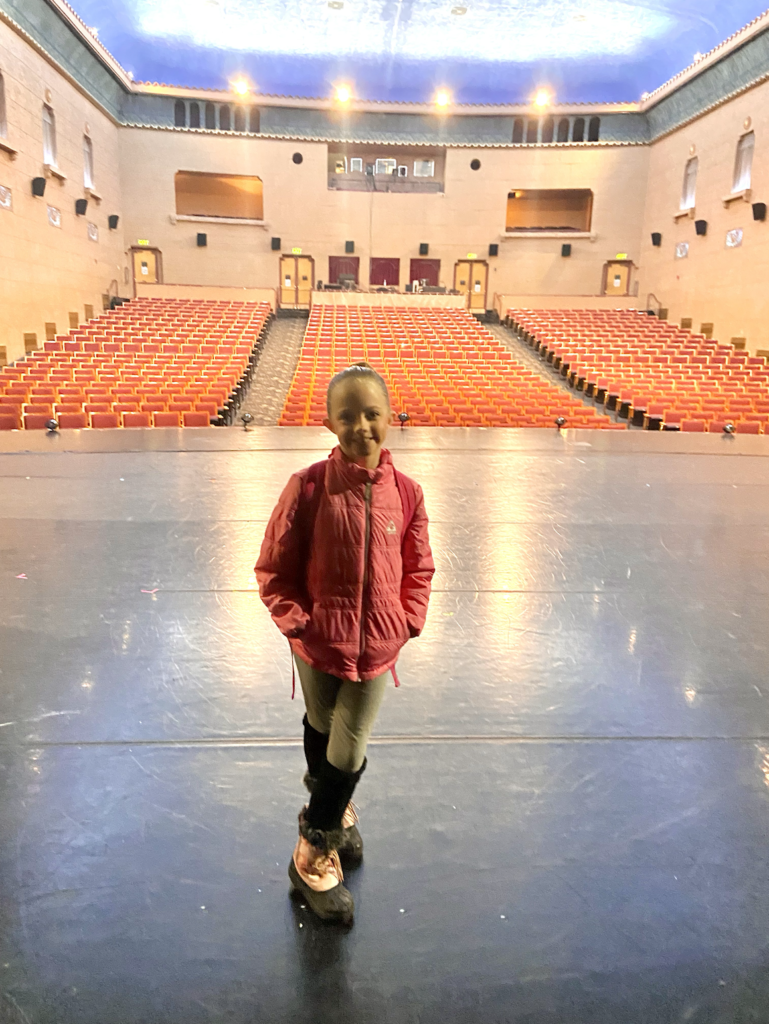Changing the Narrative: Awareness & Advocacy of Female Composers

Changing the Narrative
I recently wrote about why it is so important to learn about female composers. When I first started learning about female composers and listening to their music, I couldn’t believe how many there were and that I had never heard of them before!
The more I learn about women composers, the more passionate I feel about changing the narrative of music history that we are all taught. Amazingly there are still so many discrepancies between music by men and women even today. Pick up a book about music history, and chances are there are hardly any women mentioned within its pages. Visit your local music store and search for advanced piano literature by women – good luck finding more than one or two books. A lot of really great piano repertoire by women isn’t even available to purchase in a nicely-printed format, you can often only find hard-to-read, scanned-in manuscript scores on the internet. Attend your local symphony; you will be hard-pressed to hear more than a very, very small percentage of works by women performed on that stage. If you have followed along with the Female Composers Challenge all month, you have barely dipped your toes in to the available music by women throughout history, yet you probably have come away with a realization of just how much music by women is out there.
Awareness & Advocacy
Growing up being trained as classical musicians, most of us completed our music training blissfully unaware that there WERE women who composed, or that any works by women were important or beautiful or worthy of our study as pianists. Of course none of this is true, and the first step to changing that narrative is simply becoming aware of the discrepancy. Becoming aware of who the great female composers were/are and what their music is like is such an important step. I believe this awareness is crucial, particularly for music teachers, for I believe that it is us who will be able to help turn the tide and change the music history narrative. As soon as I realized that I didn’t know of many women composers, I started searching them out on the internet. I started pulling up their music on Apple Music or YouTube and listening. I started searching for scores to try and play their music. And I started looking for more information about these composers. I think that awareness will turn into searching and discovering, which will turn into advocacy for these amazing composers. I have loved seeing so many posts on social media all about female composers this past month as we celebrated Women’s History Month. What a great way to spread the word and advocate for these forgotten women.
Application & Student Education
As we start to advocate for music written by women, it is so important to also utilize it in our teaching. Find pieces by women that teach important techniques and use them instead of other traditionally-used pieces written by men. Offer repertoire written by women along with repertoire written by men. Teach your students about female composers along with the famous male composers. Offer listening assignments that will introduce students to both male and female composers and allow them to discover favorite composers of both genders.
I also urge you to ask your local music store, next time you are there, what music they have by female composers. Do they have any piano music by Fanny Mendelssohn Hensel, Amy Beach or Clara Schumann? My store only had one Amy Beach book. I wonder what would happen if music teachers all over started to ask their music stores to carry more music by women?





















